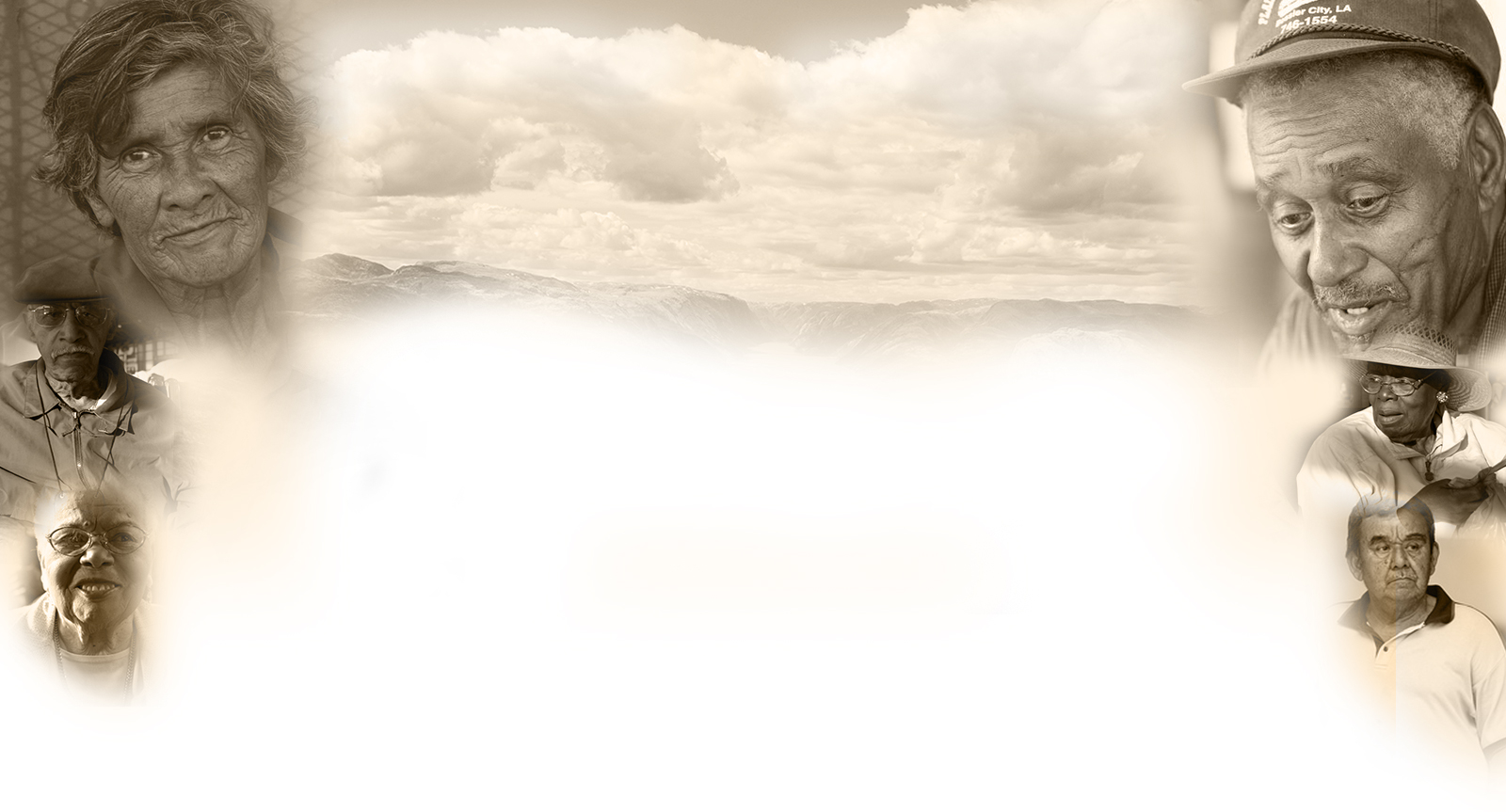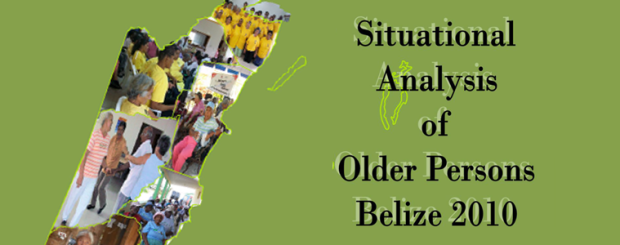Situational Analysis of Older Persons in Belize 2010
The “Situational Analysis of Older Persons Belize 2010” report presents and discusses the main findings of a research study conducted in Belize between November 2009 and May 2010. This study was a collaborative undertaking with the full support of the Ministry of Human Development and Social Transformation, Pan American Health Organization (PAHO), United Nations Population Fund (UNFPA) and the National Council on Ageing (NCA). The report is presented in four parts.

Part 1 serves as an introduction to the report and briefly discusses the trends in ageing in the Caribbean where the estimated population of people aged 60 and over is estimated at 3.6 million and is forecasted to exceed 7.4 million by the year 2025.
Against this background, and as far back as 1999, with the International Year of Older Persons, the Government of Belize (GOB) recognized the importance of addressing the issue of population ageing in Belize and started a national consultation process with a view to developing a National Policy for Older Persons, which was eventually adopted through Cabinet in February 2002. By June 2003, GOB had established the National Council on Ageing (NCA) and within its first year of operation, the Council rolled out the National Plan of Action for Older Persons 2003-2008.
Part 2 provides a contextual analysis of population ageing – global, regional, and national. At the global level, and based on 2010 figures, the proportions of older persons, especially those over 80 years of age, will begin to rise rapidly in most developed and many developing countries.
A report by the U.S. National Institute on Ageing and the U.S. Department of State jointly issued a publication entitled: “Why Population Ageing Matters.” The report highlights nine trends that will pose challenges for countries across the globe; these include an ageing world population, increasing life expectancy, rising numbers of persons over 80 years, increasing ageing of world population but declining population sizes in some countries, increase in non-communicable disease, changing family structures, shifting work and retirement patterns, evolving social insurance systems, and new and emerging economic challenges.
In the regional context and at the “Caribbean Symposium on Population Ageing” that was held in Trinidad and Tobago in 2004, Caribbean governments, civil society, and academia at large were awakened to the many challenges that confront our countries – the negative impact of the global meltdown on small economies, poverty, health issues, demographic ageing, and the need for inter-generational support systems.
In the national context, the findings of the 2003 baseline assessment conducted by HelpAge Belize/International are re-visited. The study, which was part quantitative and qualitative in design, focused on similar issues – income and livelihood, health and coping mechanisms, education, housing, socialization, family, and community support.
Part 3 presents a summary of the significant findings of the 2010 Situational Analysis. It describes the scope of the study, methodology, and demographic profiles and includes several ‘dashboards’ of key findings in FOUR key areas: Healthcare, Financial Security, Family and Social Support, and Housing and Safety.
Part 4 is the conclusion of the report. At a National Forum held at the Radisson Fort George Hotel in June to present the findings of the study to stakeholders, a list of critical conclusions and recommendations was developed and which should serve as a guide for future action.







